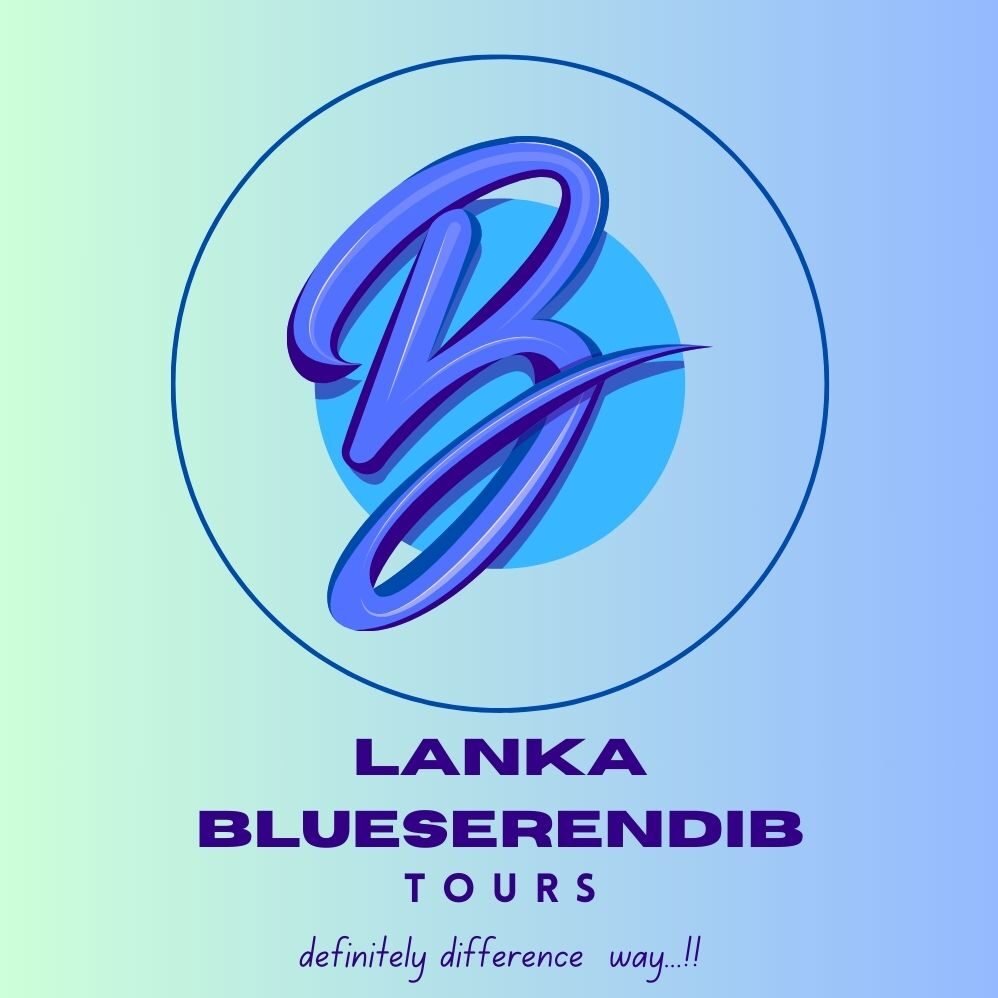
b
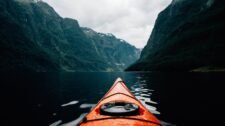
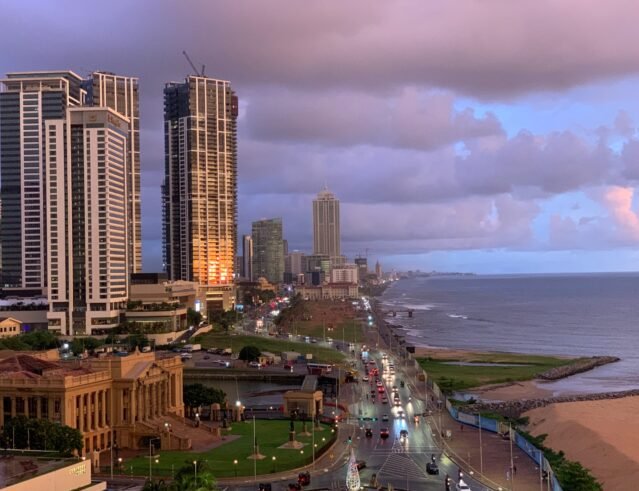
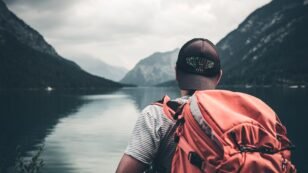
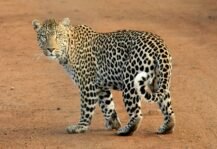
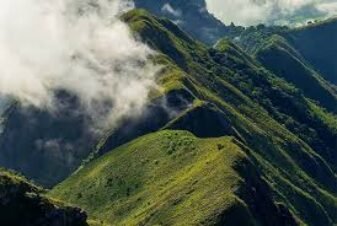
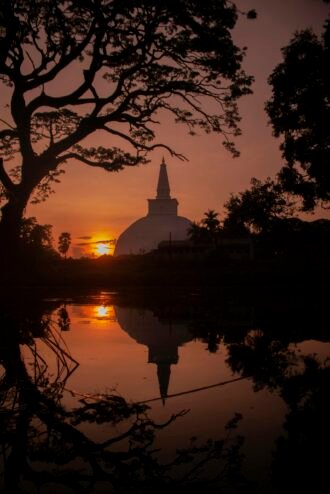
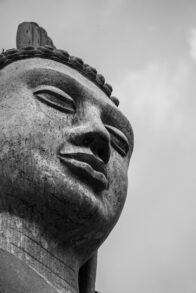
Blog
culture-
sri lanka
Population
21,361,667 (2019)
Official languages
Sinhala (Indo-Iranian) and Tamil (Dravidian).
Language spoken
Sinhala (69%) and Tamil (25.2%) are the primary languages of most Sri Lankans. Other ethnic groups include the Malayalam, the Ambalavasi, the Mapilla, the Telugu, the Vaddars and the Waggai. Other languages have very few speakers (approximately just 300 people speak vedda). English is widely spoken.
People
Essentially, Sri Lanka is composed of 69% Sinhalese and 25.2% of groups of Tamil expression (among them, Muslims are considered as a separate entity). The Burghers are descendants of mixed race or Indo-Portuguese Indo-Dutch (numbering around 2,200 and they speak Sinhalese). The Vedda are a minority indigenous group.
Religion
Buddhism dominates (70% of the population; 90% of Sinhalese) Hinduism (15% of the population; 80% of Tamils), followed by Islam (8%) and Catholic (7%, shared between Sinhalese and Tamil groups).
National Holiday
February 4: commemoration of Independence (1948).
Holiday Schedule
‘Poya Day’ means ‘day of the full moon’: after Buddha was born, he experienced enlightenment and died on the day of the full moon of May (Vesak Poya). Therefore, all Poya Days are holidays in Sri Lanka: Buddhists dress up in white and visit temples to make offerings of flowers and incense and to meditate.
January: Thai Pongal.
February: Maha Shivaratri.
February 4: national holiday.
April: Avurudu.
April 13 and 14: New Year’s Day.
May 1: Labour Day.
May 22: Hero’s Day.
30 June: public holiday.
July or August: Perahera.
November: Diwali, the festival of lights.
December 25: Christmas.
December 31: non-working day.
History
The first inhabitants of the island were most likely the ancestors of the modern hunter-gatherers, the vedda. According to their scriptures, the Sinhalese arrived from northern India in the 7th century BC. Approaching 300 BC, Buddhism was established, thought to be an indication of a strong Indian influence, and a ‘hydraulic civilization’ was created, combining sutra (religious literature) and irrigation. The island was split into a number of kingdoms: the Anuradhapura (-200 to 1070) and the Polonnaruva kingdom (1070-1200). The Tamil invaded from southern India and gradually the Sinhalese were driven further south. Around the time of this movement, the Tamil eclipsed Indian dynasties including the Chola, Pandya, Chera, Pallava, and the Taprobane, and Sri Lanka became an important fulcrum along the east-west trade route. Arab merchant ships, including the Persians, Burmese, Thais, Malays and Indonesians all landed on the island to refuel. In 1505, the Portuguese arrived and found Sri Lanka was divided into three kingdoms: Kandy, in the centre; Kotte, on the west coast; and Jaffna in the north. They seized the coasts and introduced the Catholic faith. In 1658, the Portuguese were supplanted by the Dutch.
In 1796, the British began to move in and overtook the Dutch. Though they initially believed this would be a temporary occupation, the Brits soon recognised the island’s value and they decided to make it a permanent hold. The island then became the Royal Colony of Ceylon (1815) and the British colonial order was set up, with schools, cricket pitches and railways popping up. Tea became the mainstay of the Sri Lankan economy (alongside rubber, coconut and cane sugar). To help run the thriving industries, the British authorities encouraged the immigration of Tamil-speaking workers. In the 1930s, rooted in the social demands of Sinhalese and Tamils, the national movement began to take shape. During World War II, the Crown Colony was a military base for the allies.
In 1948, independence was granted to Sri Lanka and in 1959, Sinhala was declared the sole official language, given the Sinhalese majority in the national movement and in the population; other measures were also introduced to bolster their position. A policy of ‘positive discrimination’ was launched for the Sinhalese (on the pretext the Tamils were favoured by the British). Resistance organisations began to appear, including the LTTE (Liberation Tigers of Tamil Eelam) in 1976. They advocated the creation of an independent Tamil state. Ceylon was renamed in 1972 to Sri Lanka; around this time, sporadic clashes started to ignite. Buddhism became the leading religion which sparked further animosity, and in 1983 the civil war intensified; it ended in May 2009 when the Tamil Tigers surrendered after the death of rebel leader Velupillai Prabhakaran. In total, it’s believed the civil war led to around 70,000 deaths.
Policy
The President of the Democratic Socialist Republic of Sri Lanka is elected by universal suffrage for a term of six years, renewable once. He is the head of state, government and army. He appoints ministers (the first of them is the leader of the majority party in Parliament). The President may be removed by a 2/3 vote in Parliament, with the approval of the Supreme Court (the president, meanwhile, has the power to dissolve parliament). Parliament is unicameral (225 members, elected for six years).
Famous Sri Lankans
Rukmani Devi (1923-1978), the so-called ‘Nightingale of Sri Lanka’, was a highly acclaimed Sri Lankan actress (appearing in more than 100 films) and a singer who appeared on stage and screen. Clarence Wijewardana (1943-1996) was a well revered musician who founded the group, the Moonstones in 1964, and is seen as the pioneer of Sri Lankan pop music. He then formed the Golden Chimes with ex-members of the Moonstones and subsequently, the Super Golden Chimes, leaving a legacy as one of Sri Lanka’s most memorable musicians and guitar heroes.
Sri Lankan-born Canadian-English Philip Christopher Ondaatje (born 1933) is a renowned businessman and philanthropist. After decades of amassing a fortune through stockbroking and publishing, he left the commercial world and became a prominent philanthropist and adventurer, recounting some of his overseas jaunts as a published author; following in the footsteps of his brother, Michael Ondaatje (born 1943) – a multi-award-winning novelist. Sirimavo Bandaranaike (1916-2000) was the first female head of government in modern history when she was elected Prime Minister in Sri Lanka in 1960. She governed for three terms: 1960 to 1965; 1970 to 1977; and 1994 to 2000. A pioneering figure with an eye on gender equality, she changed the name of Ceylon to Sri Lanka in 1972. Sri Lanka announced two days of national mourning when she died.
One of the founding fathers of Sri Lanka’s thriving tea industry, James Taylor (1835-1892) was a British subject who established Ceylon’s first tea plantation in 1867, in the domain of Loolecondera (Kandy District). Together with Scottish merchant, Thomas Lipton (1848-1931), the duo began exporting tea from Ceylon to Europe and North America, signalling the rapid growth of the Ceylonese tea industry.
Etiquette
After decades of uncertainty and conflict, Sri Lanka is well and truly on the tourist trail, attracting thousands of travellers every year. Tourism infrastructure is still evolving, however; roads are generally in poor condition and service can be slow. But it’s all part of the experience and needs to be embraced. Despite the care we take in selecting drivers, many of them aren’t trained guides (both linguistically and culturally). Use them as ‘local guides’, who will be effective intermediaries in daily local life, but for in-depth information surrounding a major site, read a good travel guide beforehand. Whilst in the company of a driver, you’re are under no obligation – at any time – to visit a shop or a workshop during one of your journeys (a common practice where the driver receives commission for anything you buy). As a company, we’re firm about this to our drivers, but we’re aware that, at times, it’s something that still happens. Do not hesitate to decline the offer if your driver wants to stop by a shop or workshop.
Tipping is expected throughout Sri Lanka. We recommend giving $50 (£38) a day for taxi drivers; $5-$10 (£3.88-£7.77) a day for a driver guide; $5-$10 for other services (to porters, maids, masseurs, or for a valet). Always refrain from handing out money or items to people, especially children, in the streets – this just encourages begging. If you want to help by providing school supplies, clothing or medicine, it’s best to give them directly to the school principal, the village chief or the nearest clinic, which will to benefit the poor and needy. Also keep in mind that at many Sri Lankan sites, you’ll pay a ‘right to shoot’ for cameras and a ‘right to film’.
Sri Lankans dress demurely, and you need to respect their modesty. For anyone with a tattoo representing Buddha or any Buddhist symbol, it’s imperative you keep it covered: those who do so are liable to arrest and could be deported (possibly via prison).
Shopping
Artisan markets are always worth rummaging through – where traders ply their wares: batik textile art, pottery, basket weaving, lacquer, wood, precious or semi-precious stones, spices and lace. Brush up on your haggling skills for Sri Lanka – bartering is a must. Warning: furniture and other wooden objects are considered antiques if they are more than 50 years old, and therefore are prohibited for export.
Food
Sri Lankan gastronomy is knockout, shaped with a superb natural larder (seafood, tropical fruits, and bold spices). In very simple terms, rice and curry are the basis of Sri Lankan cuisine, with the addition of meat or fish, various condiments and vegetables. Talking of condiments, sambol is incredibly popular – a delicious mish-mash of coconut flesh whizzed up with grated pepper and spices – often eaten with rice, or with bread for breakfast. Other popular dishes include Kiribath (rice cooked in coconut milk), served with a sprinkling of sesame seeds; cutlets (spicy croquettes) are deep-fried potato and fish balls; and biriyani is a Muslim specialty (rice, chicken or mutton or beef, thick with spices and topped with hard-boiled egg). For breakfast, go for the hoppers – rice pancakes made from rice flour and coconut milk, with a spicy side of dhal, curry and sambol. Vegetables and fruits are in abundance, too. Need something sweet? Order a memorable curd and treacle (buffalo milk curd with treacle).
Drink
Tap water is unsafe to drink so always stick to bottled mineral water, ensuring the cap hasn’t been broken. Sodas and beer (local brews are blonde and light) are widely available. Coconut water (served straight from the fruit) is very refreshing and rehydrating. Coconut sap is also used to make palm wine (toddy) or potent arrack. A legacy of the British colonisation, tea is the national drink, usually black tea, drunk with milk and sugar. There are also green teas (of Idalgashinna) and white (Nuwara Eliya).
